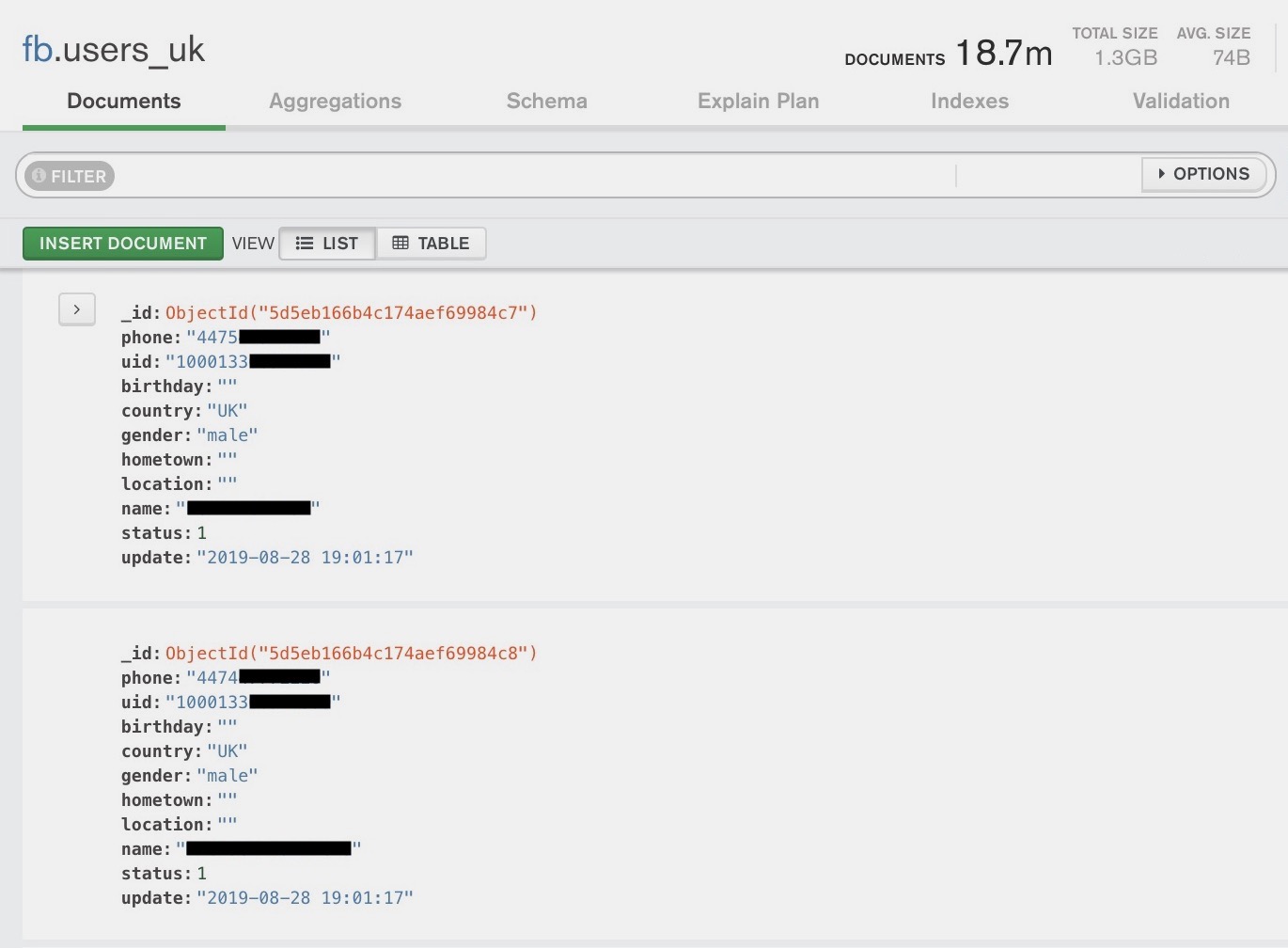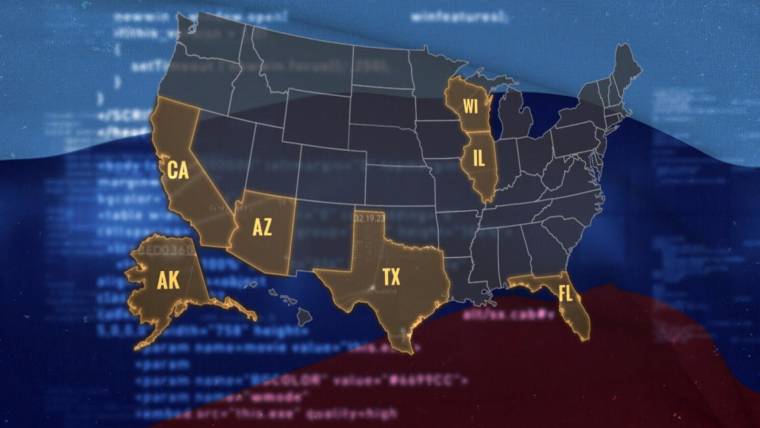Clean out your cars every night, watch shoplifters with calculators and stop UPS deliveries to your home.
Swell huh? Speaker Pelosi must be proud…same with Senator Dianne Feinstein.
Overview
Proposition 47 implemented three broad changes to felony sentencing laws. First, it reclassified certain theft and drug possession offenses from felonies to misdemeanors. Second, it authorizes defendants currently serving sentences for felony offenses that would have qualified as misdemeanors under the proposition to petition courts for resentencing under the new misdemeanor provisions. Third, it authorizes defendants who have completed their sentences for felony convictions that would have qualified as misdemeanors under the proposition to apply to reclassify those convictions to misdemeanors.
Felony convictions resentenced or reclassified as misdemeanors under the proposition are considered misdemeanors for all purposes, except that such relief does not permit the person to own, possess, or have in his or her custody or control any firearm.
Early Impacts of Proposition 47 on the Courts
California superior courts received more than 200,000 petitions for resentencing or applications for reclassification during the first 13 months after voters approved Proposition 47. A report prepared by Judicial Council staff, highlights the impacts of the ballot measure on the courts during the first year of implementation.
***
Since the passage of the infamous Prop 47 five years ago, then marketed by California Democrats as the “Safe Neighborhoods and Schools Act,” theft has increased across the state, as organized crime rings have transformed ordinary shoplifting into a lucrative and sophisticated operation. It’s likely no coincidence that San Francisco now has the highest rate of property crime of America’s twenty largest cities.
Passed in 2014, Prop 47 was allegedly designed to emphasize rehabilitation and keep non-violent offenders out of the state’s already packed prisons by reducing certain non-violent felonies to mere misdemeanors. For instance, a thief can now steal twice as much as he or she formerly could before facing a felony charge. But thieves and organized crime gangs capitalized on this loophole. In other words, Prop 47 is now a mechanism for gangs to immunize themselves from felony charges. In cities like Vacaville, CA, just outside of the state’s capital, theft has more than doubled, and police believe Prop 47 is to blame.
According to the National Retail Federation’s 2018 survey on Organized Retail Crime (ORC), this jump is in petty theft as a result of relaxed laws is common (and given its ubiquity, should now be expected).
In states where the felony threshold has increased, over half report an increase in ORC case value. None reported a decrease. It appears that ORC criminals understand the new threshold and have increased their thefts to meet it.
Rachel Michelin, who currently serves as President of the California Retailers Association, explained to Fox News the crude savviness of the latest generation of shoplifters. “[Shoplifters] know what they’re doing. They will bring in calculators and get all the way up to the $950 limit.” She continued. “One person will go into a store, fill up their backpack, come out, dump it out and go right back in and do it all over again.”
The relaxation of penalties, combined with selective enforcement to focus on more “serious” crime, has seemingly been disastrous for the state’s larger cities. Although Prop 47 was championed by the state’s Democratic overlords, as well as by the American Civil Liberties Union (ACLU), many attribute California’s growing property crime problem to lax initiatives like this one.
As Del Seymour of the non-profit Code Tenderloin emphasized to Fox News, the theft patterns in the city are a mix of international gangs, usually from Mexico or Guatemala, as well as homeless addicts looking to secure enough money to finance their next fix. The stealing and handoffs often take place in broad daylight and ironically, right in front of San Francisco City Hall. When I lived in San Francisco, City Hall was infamous for being a beehive of illicit activities and an area best avoided at all times of day.
Oddly enough, unrelated measures, like the additional charge for plastic bags, have made it more difficult for store owners to spot theft, given the frequency with which shoppers now simply throw items into their purses or backpacks after purchase. As Michelin noted, this type of behavior now allows shoplifters to “fit in” with the paying customers. Michelin predicts that stores will increasingly turn to locking up their products for fear of theft.
The jump in retail theft is just one part of the picture when it comes to property theft in the state. According to the San Francisco Police Department, there is a car break-in every 22 minutes in the city, resulting in the formation of neighborhood “vigilantes” devoted to stopping break-ins. A 2018 study from the Public Policy Institute found evidence that Prop 47 was a contributing factor in the almost 20 percent-increase in car break-ins from 2014 to 2016. It seems the rampant property crime in the city is creating a dystopian hellscape that the cops haven’t been awarded the authority to address.
California voters may have had enough. In 2020, California residents will vote on whether to rollback the reforms implemented under Prop 47 in the hopes of reinstating the deterrents that fell by the wayside under the auspices of the state’s Democratic leadership.
When I lived in San Francisco’s fabled Bernal Heights, I was instructed to empty my car each night to discourage thieves from smashing my windows. There were some evenings I would forget after a long commute home, and I would hold my breath walking to my vehicle in the morning, always relieved to see that the windows were still intact (I detail my San Francisco trials here). If California voters are smart, perhaps San Francisco’s next generation of residents won’t have to feel terrorized by the constant barrage of petty crime. Hat Tip Federalist





 It does not seem to matter that campaign contributions are free speech and fully protected by the 1st Amendment. Will media even go there in reporting this? Nah. Will the House Ethics Committee get involved? Nah. The mayor? Law enforcement? Nah.
It does not seem to matter that campaign contributions are free speech and fully protected by the 1st Amendment. Will media even go there in reporting this? Nah. Will the House Ethics Committee get involved? Nah. The mayor? Law enforcement? Nah.